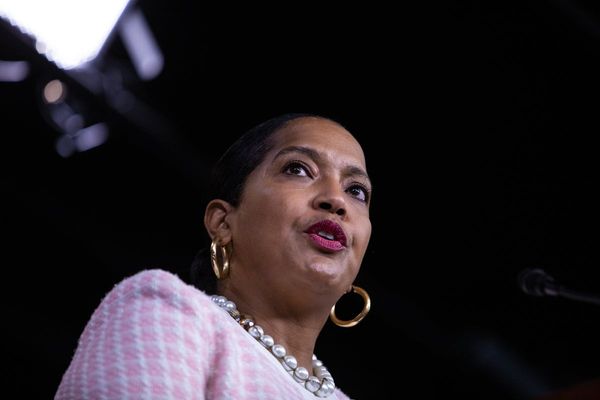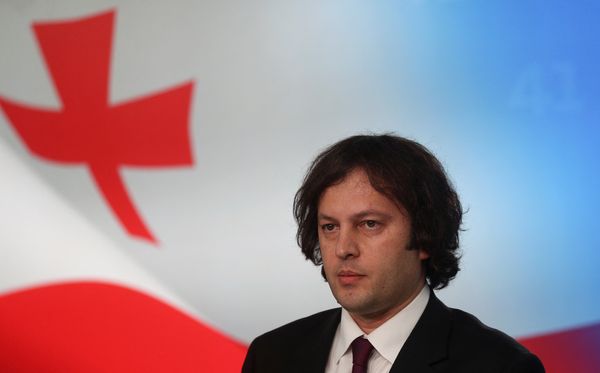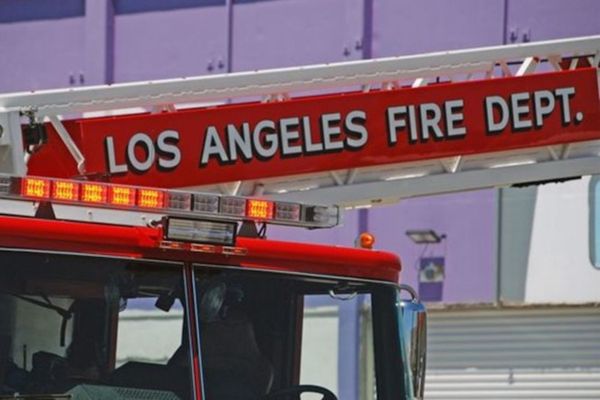
A small group of families who have loved ones held hostage by Hamas in Israel are pushing for the military to finish defeating the militant group before seeking their release. These families argue that making a hostage deal with Hamas, which would involve releasing Palestinian militants held by Israel, would endanger the country's security in the future.
Tzvika Mor, whose son Eitan was abducted four months ago, believes that releasing terrorists would only lead to more violence. He stated, 'When you release terrorists, they will return to murder. That's how it has always been.' Mor is a member of the Tikva Forum, a group founded by three hostage families, which advocates for military pressure instead of immediate cease-fire or hostage release deals.
However, most of the other hostages' relatives strongly disagree with Mor's stance. They believe that a deal is the only way to secure the release of their loved ones, whose chances of survival are becoming increasingly slim given the dangerous conditions in Gaza. Protests calling for the government to negotiate a deal with Hamas have grown in size and intensity as the crisis continues. Many Israelis are showing solidarity by wearing necklaces with symbolic dog tags and yellow ribbons.







Despite facing criticism for his viewpoint, Mor believes that his approach is rational and others are being led by emotions. He and other members of the Tikva Forum believe that the safe return of their loved ones is dependent on continued military pressure on Hamas.
The hostage crisis began on October 7 when Hamas attacked southern Israel, taking approximately 250 people hostage and killing about 1,200 individuals, mostly civilians. Israel responded with a military offensive targeting Hamas in Gaza, resulting in the deaths of over 27,000 Palestinians, the majority of whom were women and children.
In November, during a weeklong cease-fire, around 100 hostages were released in exchange for 240 Palestinian prisoners convicted of minor offenses, mostly women and children. However, Hamas's latest demands include the release of hundreds of convicted killers and militants involved in the conflict, which is unacceptable to the Tikva Forum and aligned with Israeli Prime Minister Benjamin Netanyahu's stance.
Netanyahu has rejected Hamas's demands, vowing to pursue war until 'total victory.' This decision was devastating for the majority of the hostages' families, who fear that if the government continues on this path, there may not be any more hostages to release.
While Hamas leaders arrived in Cairo for talks, Mor was in the United States advocating for continued military pressure. He believes his stance aligns with his son's wishes and recalls a conversation they had before the abduction, in which both opposed the 2011 Gilad Shalit prisoner exchange.
Ditza Or, another member of the Tikva Forum, whose son Avinatan was abducted, believes negotiations should be based on strength to prevent further attacks by Hamas. Liran Berman, whose brothers were also taken hostage, agrees that a deal is necessary for their safe return.
As the crisis unfolds, the differing opinions within the hostages' families reflect the complexity and deep emotions involved. The Israeli public remains captivated by the hostages' plight, demanding immediate action and a resolution to bring them home safely. The government's handling of the situation remains a delicate balancing act between a desire for peace and the need to ensure long-term security.







